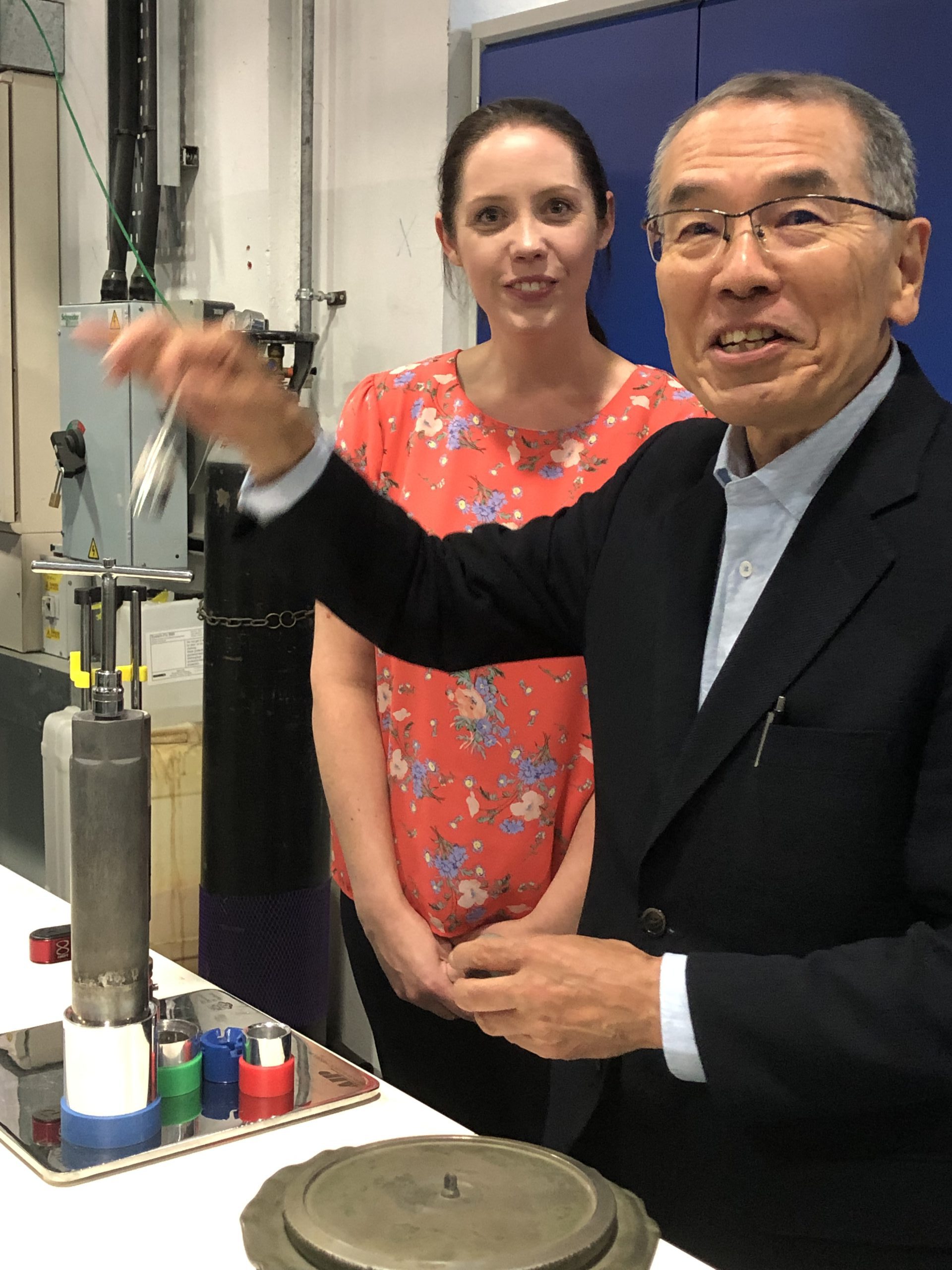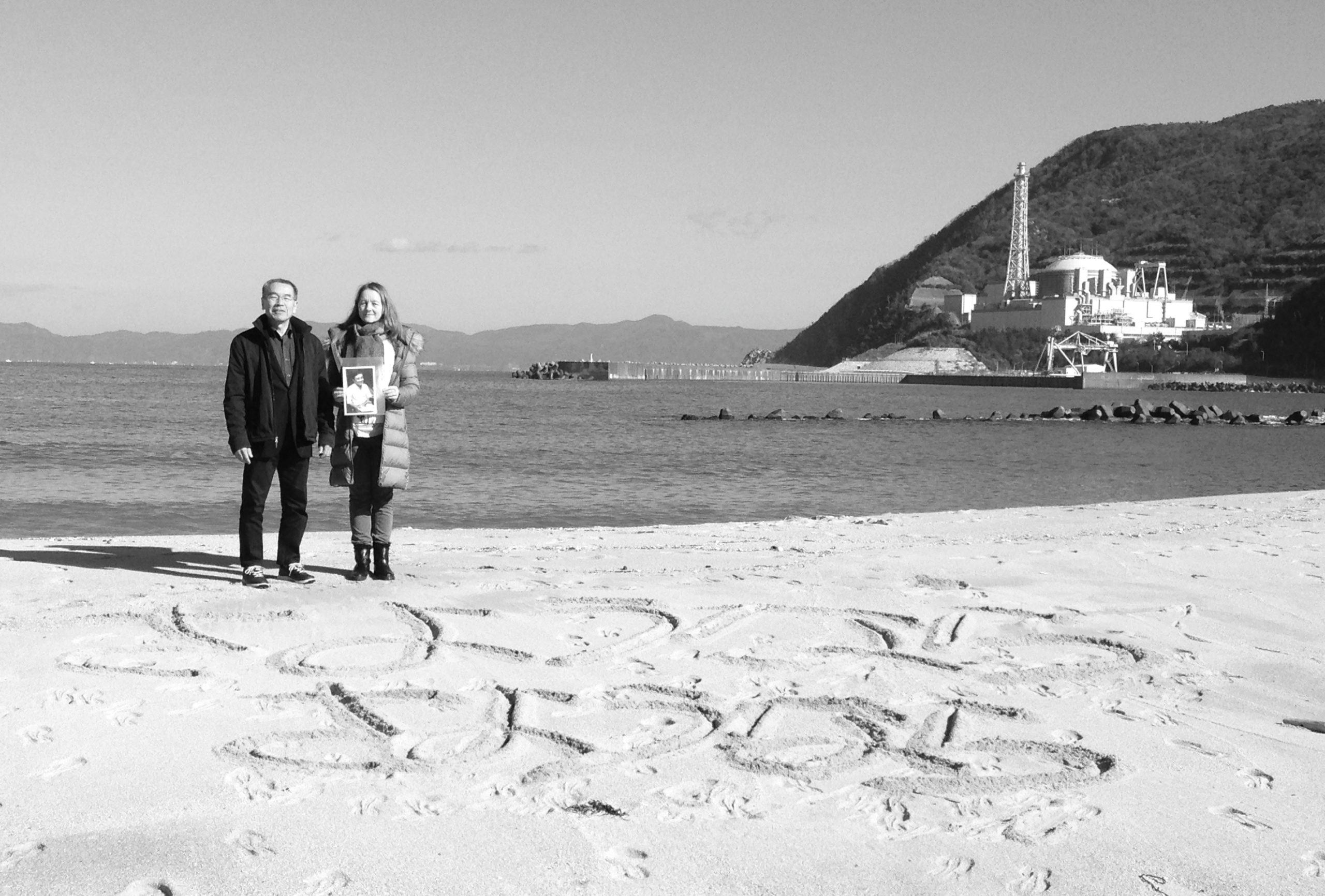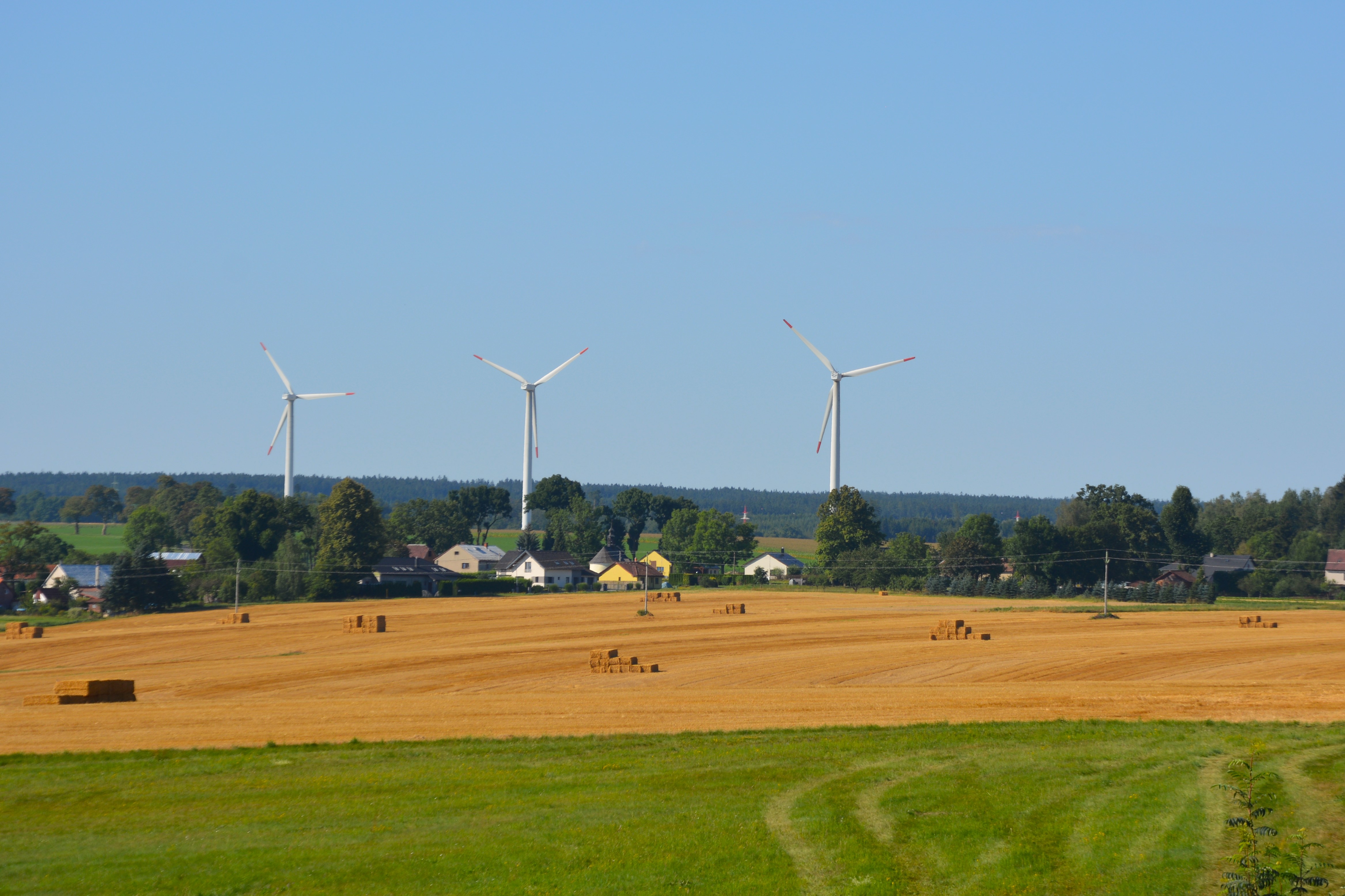By Caitlin Stronell (CNIC staff member 2015-2024)
When I first joined CNIC in 2015, Ban-san was the secretary-general, running the office as well as being one of the Co-Directors. He was certainly not the type of boss to micromanage and we were largely left to pursue our projects while Ban-san always seemed deeply immersed in his laptop and piles of documents. Despite this very intense side, Ban-san also brought a twinkle of irony and humor to the world of serious science. Not that we often laughed at his ‘Dad jokes’… these puns that older Japanese men often throw into the conversation usually provoked eye rolls, but they still brought welcome relief as we dealt with all the cold facts and figures of nuclear power.
Actually, it came as something of a shock when I found out that Ban-san wasn’t a scientist, at least he didn’t study science at university. But he had such detailed knowledge of everything nuclear. He was indeed a walking encyclopedia when it came to such expert areas as plutonium separation (he was known as one of the ‘Pluto Boys’) or disposal of nuclear waste or the inside workings of Fukushima Daiichi. He also was so at home in a lab. I went on a field trip to the UK with Ban-san in 2019 and we visited Sheffield University where research was being conducted on plutonium disposal. A prototype machine which applied heat and pressure to plutonium to immobilize it for disposal was being developed by scientists and we were given a demonstration. I well remember Ban-san’s enthusiasm as he looked over the machine and the process, asking detailed questions to the scientists.
Another thing that truly impressed me about Ban-san, although it was a huge disruption at the time, was that he was on an international blacklist. It was just before the US-Japan civil nuclear cooperation agreement was due to expire after 40 years and we had planned a trip to the US to lobby Congress Members to include a provision to reduce Japan’s plutonium stockpile in the renewed agreement. We had got together a bi-partisan delegation of Japanese lawmakers and other key people and I was in charge of getting everyone’s US visa. It all went smoothly except for Ban-san. We got an email back from the US Embassy requesting extra information, which he grumblingly sent. Our date of departure was getting close but still no visa. We had to face the terrifying possibility that we would have to go on this delicate mission without our Pluto Boy. We tried to think of reasons why Ban-san would be refused a visa. Apparently he was refused entry into Korea on one occasion, where he was due to speak at an anti-nuke rally, on the grounds that he might incite a riot. In any case, the US visa was not granted but Ban-san’s presence was felt throughout the trip, mainly in the form of FBI type people at airports asking us if we knew Hideyuki Ban and making us go through extra security checks. To people who knew him, the idea that mild-mannered Ban-san could ever be considered a dangerous person is indeed crazy, but the fact that he was considered a threat by what could be the world’s most dangerous nation was to me a kind of badge of honor.
I wish I could have gone fishing with Ban-san. I loved the fly fishing lures he had pinned to his backpack along with all the no nukes badges.
I always found it hard to imagine someone who was always so busy just standing in rivers for hours casting his fishing rod. But now I realize that this was probably what kept him sane. The real connection to nature, the reminder of what we are actually fighting for.
We all learnt so much from you Ban-san and I’m sure we will continue to. Meanwhile, wherever you are, I hope you are enjoying the fishing.

 4 months ago
44
4 months ago
44




